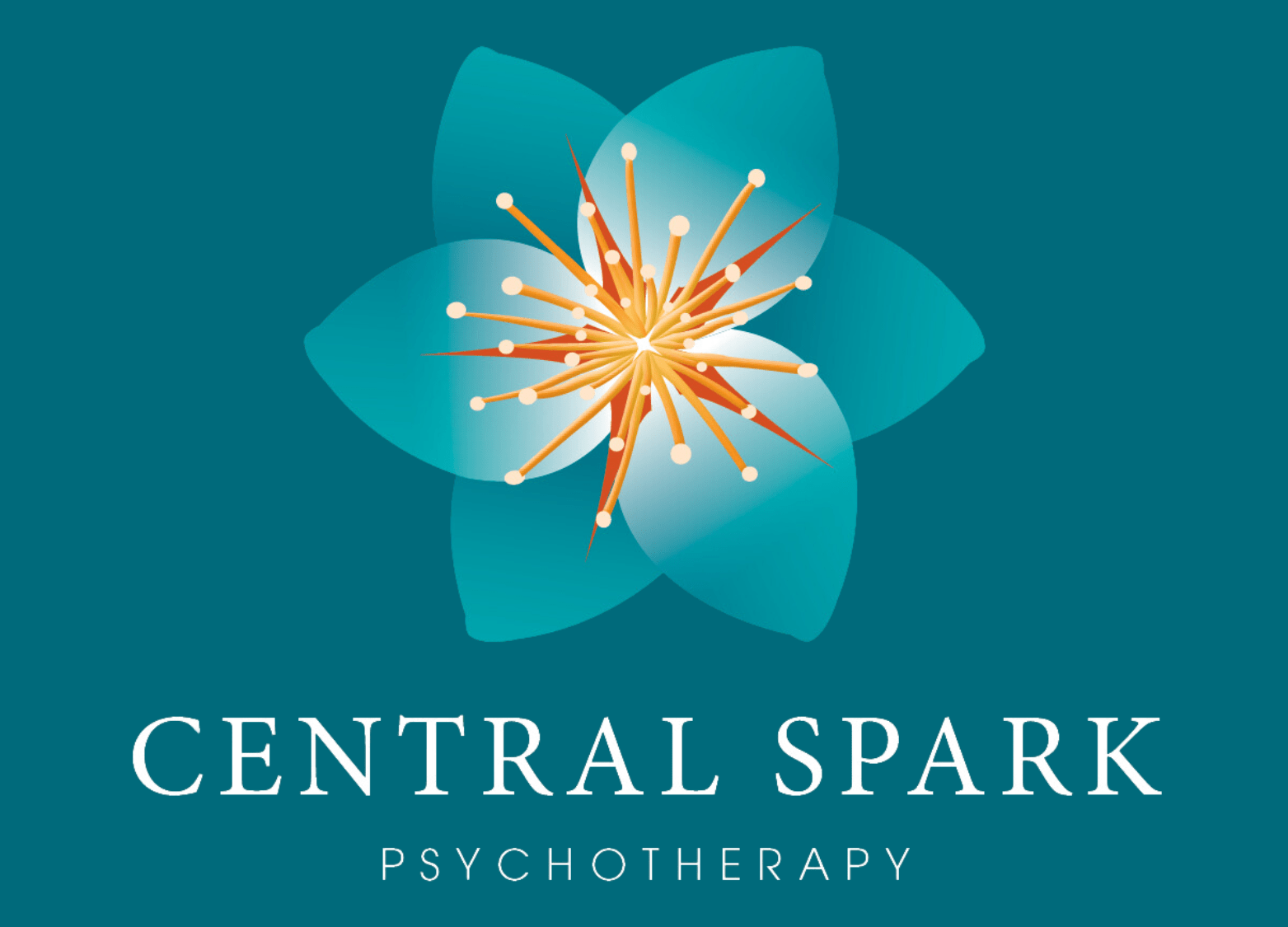FAQ
Most frequent questions and answers
Feeling anxious about going to therapy is a common experience, especially if it’s your first time or if you’ve had previous negative experiences. This anxiety often arises from the fear of the unknown, vulnerability, or concerns about discussing personal issues with a stranger. However, acknowledging this anxiety is the first step toward overcoming it. Therapy is a safe space designed to help you explore these feelings at your own pace. By discussing your anxiety with your therapist, you can work together to make the process more comfortable and tailored to your needs.
The duration of therapy varies widely depending on individual needs, goals, and the type of therapy you’re receiving. Some people find significant relief in just a few sessions, while others may benefit from longer-term therapy that spans months or even years. Factors such as the complexity of the issues, your progress, and your commitment to the process will influence the timeline. It’s important to discuss your expectations with your therapist early on, as they can provide guidance on what to expect based on their experience.
It’s common to worry about becoming dependent on your therapist during therapy. However, this concern often stems from the therapeutic relationship’s supportive nature, which is designed to help you grow and heal. While it’s important to build trust with your therapist, the goal is to empower you to develop the tools and confidence to manage life’s challenges independently. If you feel overly reliant, discussing these feelings with your therapist can help balance the relationship and ensure your therapy remains effective.
If you’re considering therapy, it’s helpful to ask yourself a few key questions to clarify your goals and readiness. Start by asking, “What specific issues or challenges am I facing that I want to address in therapy?” Consider whether you’re open to exploring your thoughts and emotions and if you’re ready to commit time and effort to the process. It’s also important to reflect on your expectations—what do you hope to achieve through therapy? Finally, think about the kind of therapist you’d feel comfortable with, considering factors like their approach, experience, and personality.
There are numerous types of psychotherapy, each designed to address specific mental health issues and personal needs. Careena is highly trained and experienced in several therapeutic modalities, allowing her to customize her approach to align with your unique self and life experiences. By integrating various methods, Careena provides comprehensive and personalized care.
Here are some of the psychotherapy approaches Careena incorporates:
Mindfulness-Based Therapy
Gestalt Therapy
Psychodynamic Therapy
Dialectical Behavior Therapy (DBT)
Somatic Approaches
Cognitive Behavioral Therapy (CBT)
These diverse methods ensure that your therapy experience is both effective and uniquely tailored to you.
Expect to be welcomed! Careena will encourage you to talk as little or as much as you want.
The most important thing is that you are comfortable and feel that this is your space. Careena will likely ask questions about your background, current concerns, and goals for therapy.
It is also a chance for you to ask questions about the therapeutic process, her therapy approach, and what you can expect in future sessions.
It is normal to feel nervous, but remember that this is a safe space designed to help you explore your thoughts and emotions at your own pace. By the end of the session, you should have a clearer understanding of how therapy can help you.
You can contact Careena any time via the contact page or by texting 0435760451.
Careena will reply within 24 hours.
